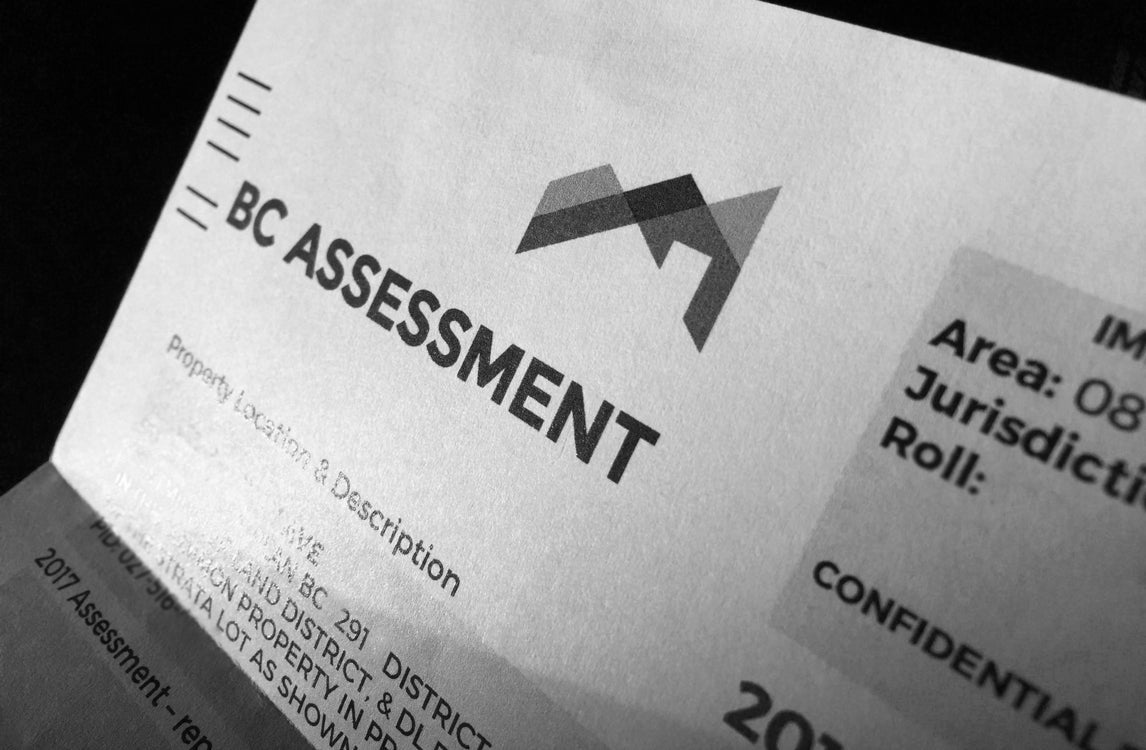
The beginning of 2017 didn’t just bring snow and ice to the North Shore, it also brought quite a shock to many home owners when they received their 2017 Property Assessment Notices, which are between 30% to 50% higher than last year. Once the property assessment notices arrived to their destination, we began getting calls from property owners shocked and full of questions.
So what does the property assessment notice really mean? Does it mean properties really have that value and people can start using them as an ATM?
No, the property assessment value is misleading. Keep in mind the only purpose for making the assessment is to calculate the mill rate to determine everyone’s proportion and share to pay for the municipal government services. In real estate, we don’t use the property assessments as an indicator of value for the property because it doesn’t bear out in sale prices. At times, in a predictable/stable market, we could use the property tax assessment to determine the value of a property because there was a consistent correlation between the property sale price and the property assessment. We are not in that market right now. However, some of the Asian market uses it as a guideline because it is a government document.
Another important thing to consider is that the valuations were made July 1, 2016, before the market cooled down following the introduction of the Foreign Buyers tax and the tightening of the mortgage regulations. According to the Real Estate Board of Greater Vancouver, home prices in West Vancouver and North Vancouver have fallen by 9.5 %, and 4.2% respectively.
What consequences does getting a higher valuation mean to property owners?
Having a higher valuation doesn’t immediately translate into paying more property taxes. If every home in the community increases by about the same amount, it is likely your taxes will not vary much from the previous year. Click here for a video from BC Assessment that explains how property taxes are calculated.
Perhaps the most immediate consequence is for those who rely on a Home Owner Grant because the increase in the property assessment might not qualify them anymore for the grant. Earlier this month, the Province addressed this concerned by raising the assessment threshold cut-off for homeowners’ grant to from $1.2 to $1.6 million. This tax break makes almost 13,000 property owners in North and West Vancouver eligible again that might have lost it with the previous threshold.
Property owners with questions about their assessments can visit e-valueBC , BC Assessment’s site, to check how their assessment compares to their neighbours and comparable property sales that would have been used in setting their value. If you still have concerns regarding your property assessment notice, call BC Assessment, as most concerns can be resolved this way.
As for those who are still not satisfied with their assessment, they have the right to formally appeal their assessment with the property assessment review panel in each community.
The deadline to appeal is January 31.